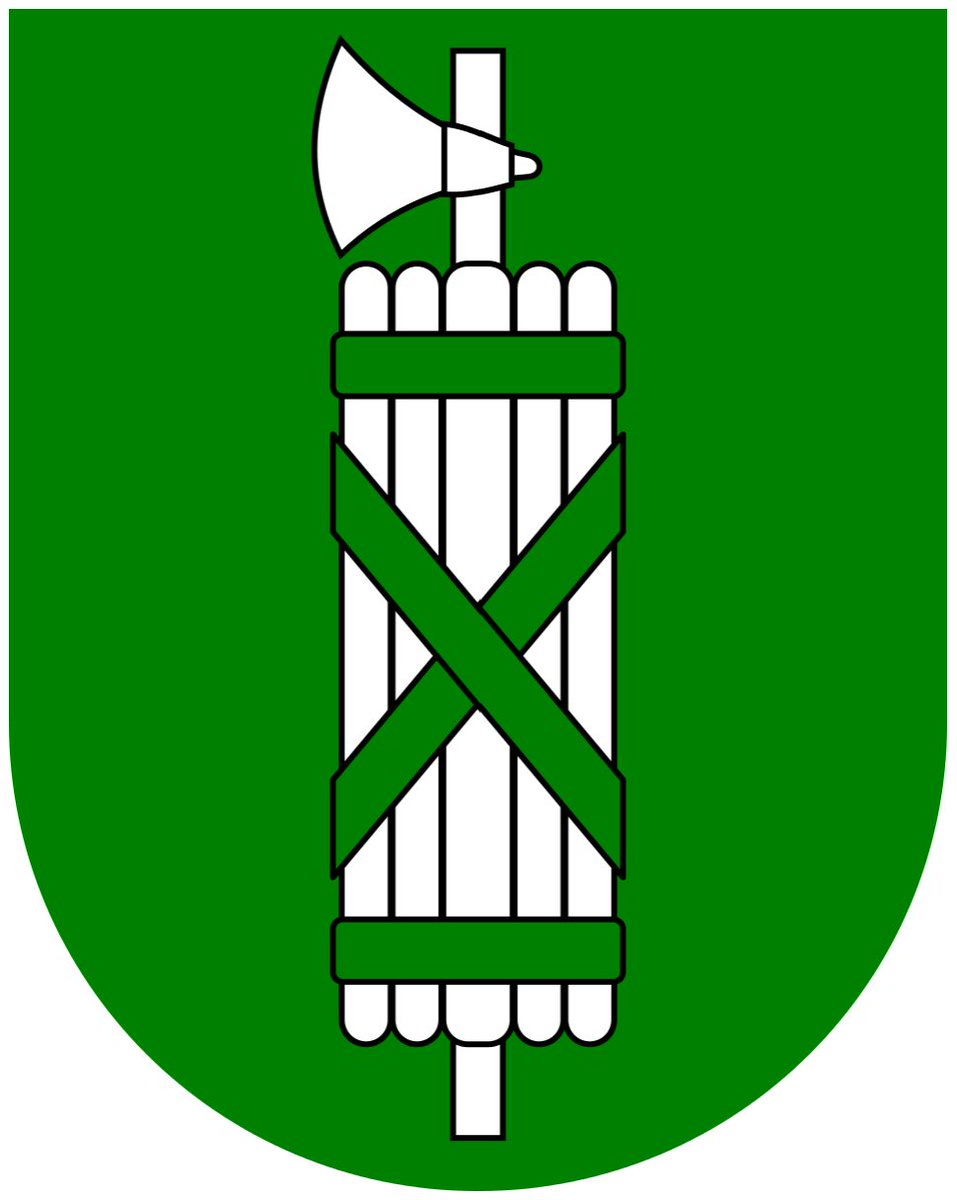Thursday, December 2, 2021
a revolutionary form of ultra-nationalism
The article suggests a way of mapping the remit for Fascism: Journal of Comparative Fascist Studies by considering how far a “new consensus” has formed between specialists working in this area which conceptualizes fascism as a revolutionary form of ultra-nationalism that attempts to realize the myth of the regenerated nation. It is a myth which applied in practice creates a totalitarian movement or regime engaged in combating cultural, ethnic and even biological (‘dysgenic’) decadence and engineering a new sort of ‘man’ in an alternative socio-political and cultural modernity to liberal capitalism. Having surveyed empirical evidence for the spontaneous emergence of a broad, though contested, scholarly convergence around this approach in the historical and social sciences in the last two decades, even beyond Anglophone academia, the article suggests that this development is part of an even wider phenomenon. This is the tendency for scholars to take seriously the utopian ideological and cultural dynamics of political phenomena once generally dismissed as exercises in the monopoly of power, of exercise of violence for its own ‘nihilistic’ sake rather than as a rebellion against nihilism in the search for a new order. It finishes with a reminder from several experts that fascism is not a static or immutable phenomenon, an insight that demands from scholars a willingness to track the way it adapts to the unfolding conditions of modernity, thereby assuming new guises practically unrecognizable from its inter-war manifestations.
Subscribe to:
Post Comments (Atom)

No comments:
Post a Comment